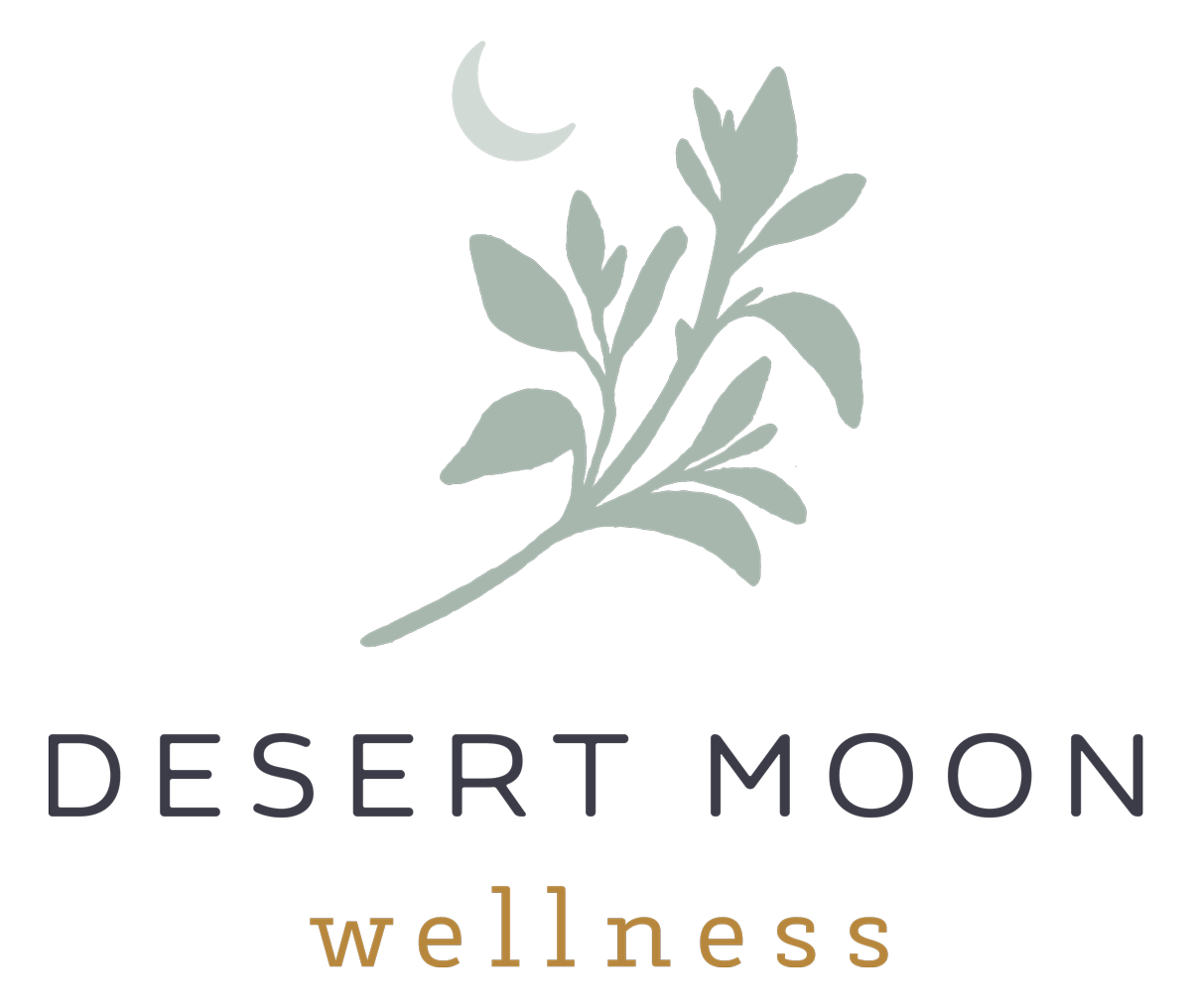What is Self Care?
We have each been given a Self to tend in this life.
Self Care is really any healthy practice that supports physical, mental, and spiritual well-being. Self Care is multifaceted and self determined based on one’s personality, goals, preferences, and needs. Plain and simple.
The body is a master communicator. Consider all the ways in which your body reacts to stress. Consider too, what ways in which your personal life and professional life is affected by a lack of self care. How tuned in are you? How do you respond to your own needs? Do you even realize that you have needs?
Learning to simply slow down enough to listen to what your body is telling you is more than half of the work.
Consider your physical needs: regular healthy meals, hydration, stretching and movement, fresh air, quality sleep, medical care, consciously unplugging from technology, taking time off to recalibrate and/or rest when ill or stressed. This can also include massage, wearing comfortable clothing that you like, taking vacations, or mini-vacations.
Emotional needs may include: spending time with others whose company you enjoy, solitude, quiet spaces, maintaining contact with important relationships, treating yourself with compassion (healthy inner self talk), feeling proud of yourself, reading favorite books, seeking out comforting places, people, objects, activities, allow yourself to emote in a supportive environment, laugh, play with children and animals.
Spiritual Self Care: Reflection, meditation, prayer, time in nature, participating in a spiritual gathering, community, or group with like-minded, open hearted folks, being open to the mystery of life, Identifying and pursuing what is truly meaningful to you, practicing gratitude, playing music and singing, expressing gratitude, celebrating milestones through rituals that are personally meaningful, remembering your ancestors, contributing your time/energy to important causes you believe in.
Work Place Self Care: Taking time to lavish your breaks, eating a healthy lunch, making extra time to engage with like-minded / hearted co-workers, identifying projects/tasks that are exciting and rewarding for you, where your strengths can shine, setting healthy limits, balancing your workload, making your workspace your personal sanctuary, getting regular support through consultation/supervision, negotiating your needs, delegating, having a peer support group, having a conscious transition routine from work to home.

